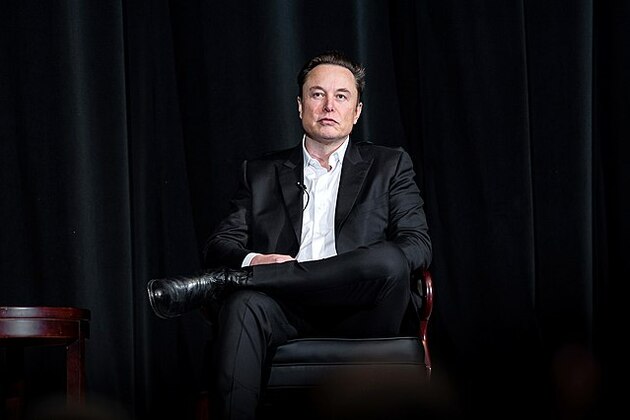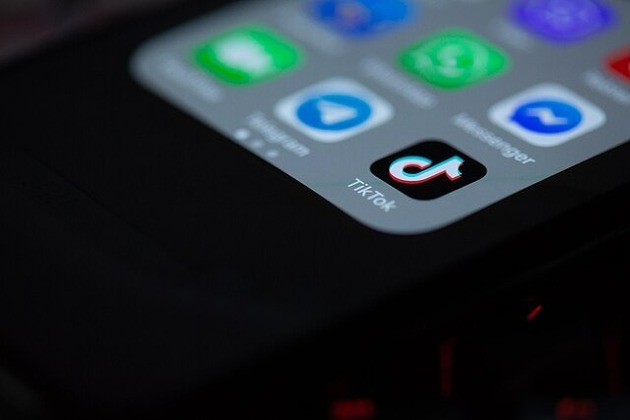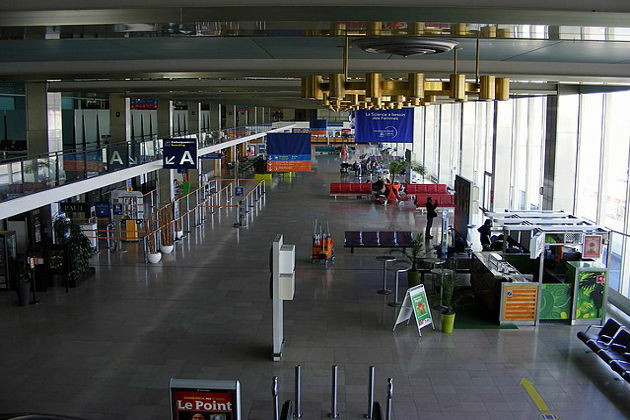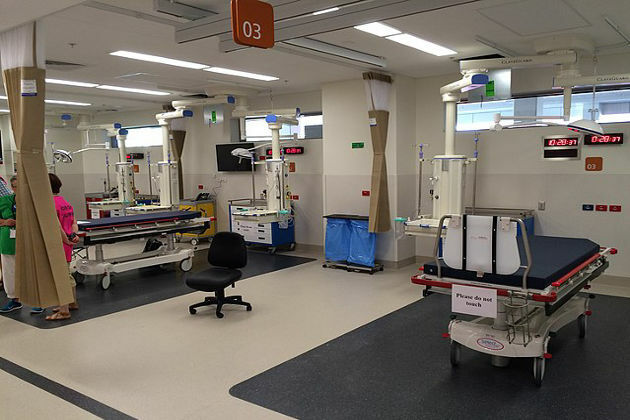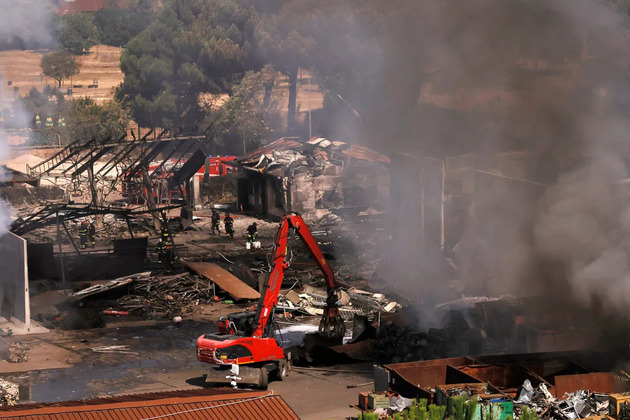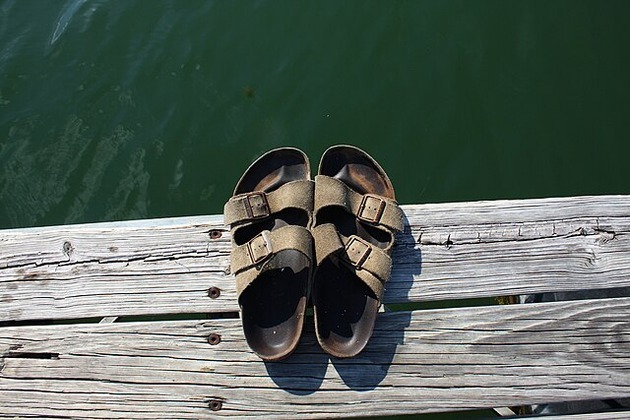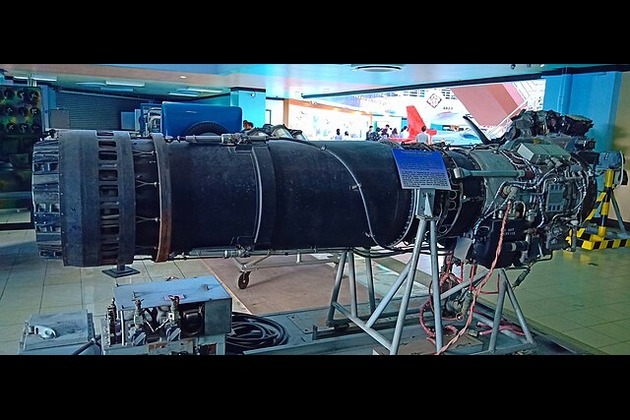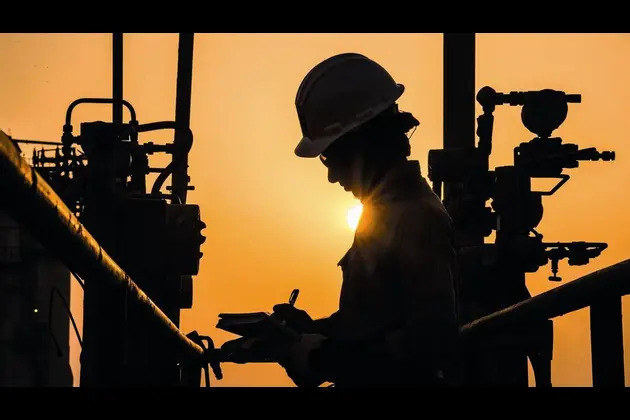Can a pizza box go in the yellow bin - or not? An expert answers this and other messy recycling questions
The Conversation
08 Jul 2025, 20:02 GMT+10
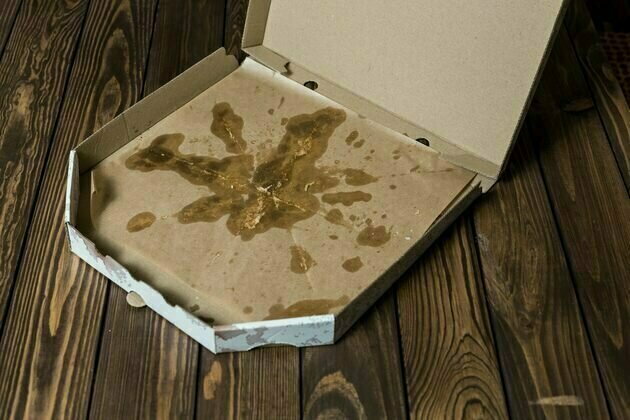
Have you ever gone to toss something into the recycling bin - a jam jar, a pizza box, a takeaway container encrusted with yesterday's lunch - and wondered if you're doing it right? Perhaps you asked yourself: should I scrub the jar with hot water? Scrape the mozzarella off the box? Wash off that palak paneer?
Research shows most Australians believe they are good recyclers. But only 25% of people separate waste correctly and up to 35% of recycling goes to landfill unnecessarily. And one in four Australians tends not to rinse or empty food containers before sending them to the bin.
The problem is not helped by different recycling practices between councils, which causes public confusion.
So just how well does recycling need to be rinsed? What should you do with your plastic lids and pizza boxes? And will robots one day work it all out for us?
Mechanical recycling methods - such as shredding and melting - struggle to operate when food and other residues are present.
In fact, one spoiled item might ruin the entire cycling batch. Queensland's Goondiwindi Regional Council, for example, said nearly a quarter of its kerbside recyclables collected in 2022-23 was contaminated and sent to landfill.
Some councils use "advanced materials recovery" that can tolerate lightly soiled recyclables. These facilities use mechanical and automated sorting processes, including optical sorters and artificial intelligence.
But other councils still rely on human sorting, or basic mechanical systems, which require items to be relatively clean.
While local recycling capabilities come into play, as a general rule, rinse containers when you can. As well as avoiding contamination, it helps reduce smells and keep bins clean.
The best pre-cleaning method for recycling depends on the type of packaging.
Paper and cardboard: these items must be clean and dry - no exceptions. Paper and cardboard absorbs contamination more than other materials. So if it gets wet or greasy, it can't be recycled - though it may be compostable.
So for pizza boxes, for example, recycle the clean parts and bin the parts that are greasy or have food stuck to them.
Unfortunately, traditional cardboard coffee cups are not usually recyclable in Australia. That's because the plastic lining inside is bonded tightly to the paper, making it difficult to separate during standard paper recycling.
However in some areas, programs such as Simply Cups collect coffee cups and recycle them into sustainable products such as asphalt, concrete and building products.
And in some states, such as South Australia and Western Australia, single-use cups lined with polymer are banned and only compostable cups can be used.
Glass and metals: these items are washed and processed at extremely high temperatures, so can tolerate a bit of residue. But too much residue can contaminate paper and cardboard in the bin. So rinse glass and plastic to remove visible food and empty liquids. Just a quick rinse is enough - there's no need to scrub or use hot water.
But not all glass and metals can be recycled. Mirrors and light bulbs, for instance, are treated in such a way that they melt at different temperatures to other glass. So check before you chuck.
Plastics: rinse plastics before putting them in the recycling bin. It's important to know that the numbers 1 to 7 on plastics, inside a recycling symbol, do not necessarily mean the item can be recycled in your area. The number is a code that identifies what plastic the item is made from. Check if your council can recycle that type of plastic.
Complicating matters further is the question of plastic lids. On this, guidelines differ across Australia, so check your local rules.
Some councils recycle plastic coffee-cup lids while others don't.
Likewise, the rules on plastic bottle lids differ. Some councils allow bottle-lid recycling, but even then, the processes vary. In the Australian Capital territory, for example, a lid larger than a credit card can be put in the recycling bin, but consumers are asked to remove the lid from the bottle. But Brisbane City Council asks consumers to leave the lids on.
Meanwhile, organisations such as Lids4Kids collect plastic lids and make them into new products.
Recycling methods are evolving.
Advanced chemical recycling breaks plastic down into its chemical building blocks. It can process plastic types that traditional methods can't, such as soft plastics, and turn it into valuable new products.
AI and automation are also reshaping recycling, by improving sorting and reducing contamination. And closed-loop washing systems, which filter and reuse water, can clean lightly soiled recyclables.
Other innovations are emerging, too, such as dissolvable packaging and AI-enabled "smart bins" that might one day identify and sort materials - and maybe even tell consumers if items need rinsing!
And goods can also be "upcycled" into higher value products such as "nanomaterials" or hydrogen.
But upcycling still requires clean, well-sorted streams to be viable. And until all these technologies are widespread, each of us must help keep our recycling systems working well.
 Share
Share
 Tweet
Tweet
 Share
Share
 Flip
Flip
 Email
Email
Watch latest videos
Subscribe and Follow
Get a daily dose of Massachusetts Sun news through our daily email, its complimentary and keeps you fully up to date with world and business news as well.
News RELEASES
Publish news of your business, community or sports group, personnel appointments, major event and more by submitting a news release to Massachusetts Sun.
More InformationInternational
SectionU.S. Treasury Secretary says Musk should steer clear of politics
WASHINGTON, D.C.: Elon Musk's entry into the political arena is drawing pushback from top U.S. officials and investors, as his decision...
TikTok building U.S.-only app amid pressure to finalise sale
CULVER CITY, California: TikTok is preparing to roll out a separate version of its app for U.S. users, as efforts to secure a sale...
Trump defends use of 'Shylock,' citing ignorance of slur
WASHINGTON, D.C.: President Donald Trump claimed he was unaware that the term shylock is regarded as antisemitic when he used it in...
Summer travel in chaos as French air traffic controllers walk off job
PARIS, France: A strike by French air traffic controllers demanding improved working conditions caused significant disruptions during...
Congress weighs Medicaid cuts, sparking alarm in small-town hospitals
OMAHA, Nebraska: With Congress considering cuts totaling around US$1 trillion to Medicaid over the next decade, concerns are rising...
Gas station blast injures 40 in Rome, kids narrowly escape
ROME, Italy: Quick thinking by emergency responders helped prevent greater devastation after a gas station explosion in southeastern...
Business
SectionBeijing blamed for covert disinformation on French fighter jet Rafale
PARIS, France: French military and intelligence officials have accused China of orchestrating a covert campaign to damage the reputation...
Birkenstock steps up legal battle over fakes in India
NEW DELHI, India: Birkenstock is stepping up its efforts to protect its iconic sandals in India, as local legal representatives conducted...
Beijing hits back at EU with medical device import curbs
HONG KONG: China has fired back at the European Union in an escalating trade dispute by imposing new restrictions on medical device...
Wall Street reels after Trump invokes new tariffs
NEW YORK, New York - Monday's trading session saw mixed performances across U.S. and global markets, with several major indices posting...
Trump admin allows GE to restart engine sales to China’s COMAC
WASHINGTON, D.C.: The U.S. government has granted GE Aerospace permission to resume jet engine shipments to China's COMAC, a person...
Saudi Aramco plans asset sales to raise billions, say sources
DUBAI, U.A.E.: Saudi Aramco is exploring asset sales as part of a broader push to unlock capital, with gas-fired power plants among...

